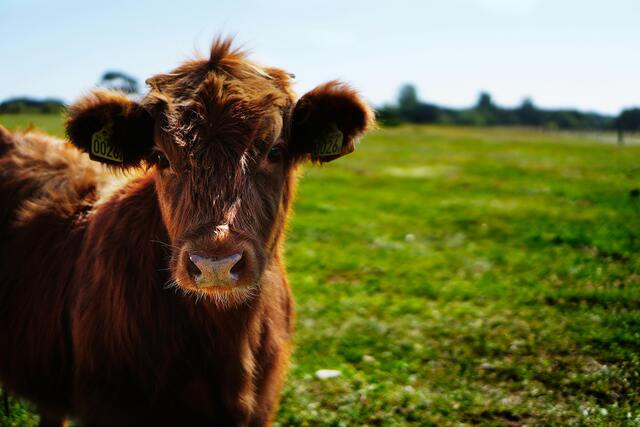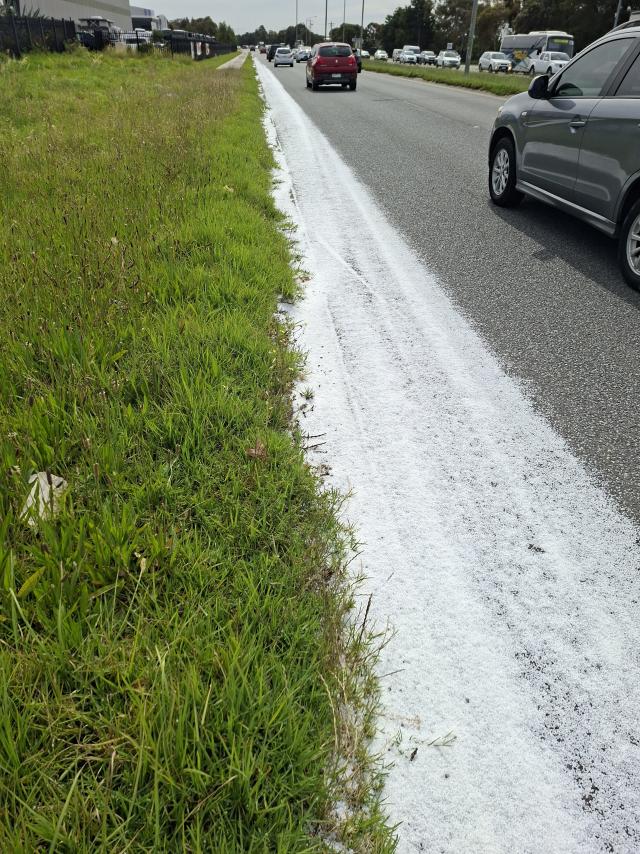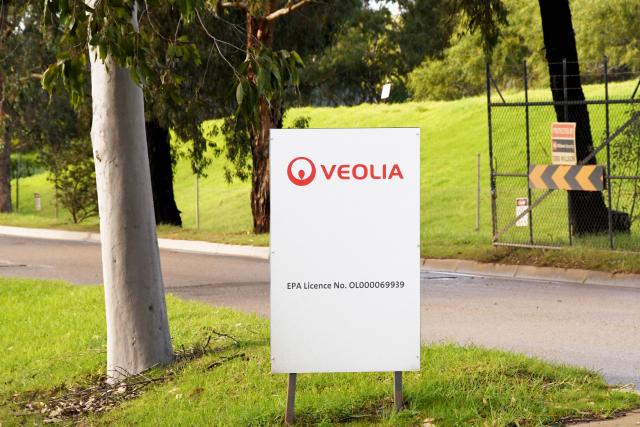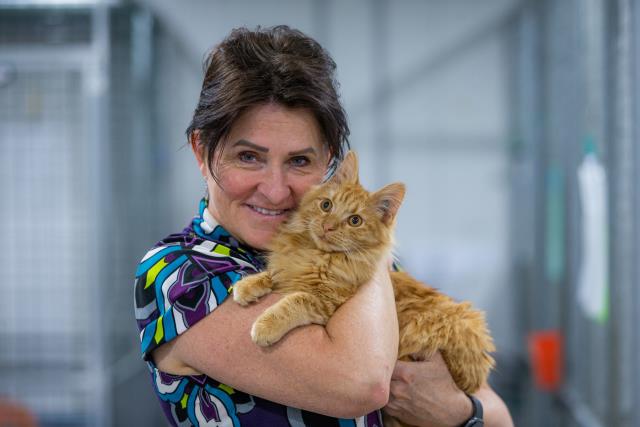Cattle and sheep need specific minerals and vitamins for normal bodily functions.
Many of these vitamins and minerals are consumed in green grass which is then stored in the animal’s body.
However, if green feed is lacking for an extended period, which many farmers are facing in the current dry conditions, animals may use up their reserves of vitamins A and E.
Usually, these vitamins are stored in the liver and through dry periods like summer, these reserves are depleted.
In situations where an animal is confinement fed for an extended period, for more than three months, for example, they may run out of these reserves.
It’s easier and has a larger success rate if vitamin levels are maintained with supplements rather than treating the animal once their body has used up their reserves.
Clinical signs of vitamin deficiencies can include weakness, scouring, lameness, ill thrift and, in severe cases, death.
If farmers are considering containment feeding for an extended period over summer, then it is advised that vitamins are added to the animal’s diet from the beginning.
Oral supplementation of vitamins A and E is recommended although not possible for every farm.
There are also injectable solutions available, however, being an oily injection it can be painful, so care should be taken.
When considering feeding livestock for an extended period, professional advice is recommended to make sure your mix is right. Vitamins A and E are just one consideration.

















